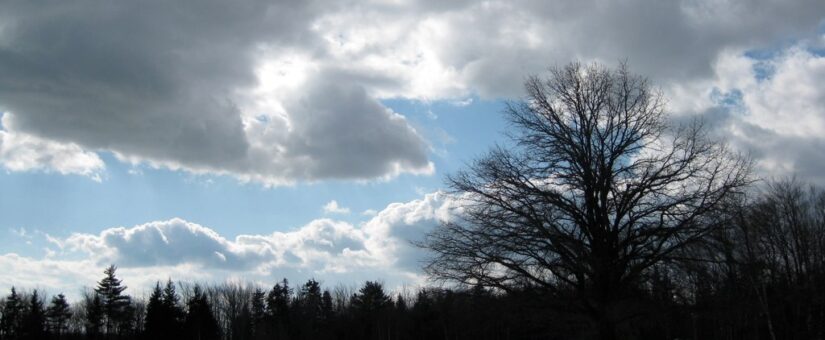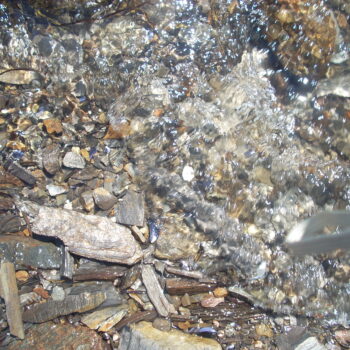
Oiling the Tin Man’s Armor and Healing His Heart I: The Nature of Energy and Anxiety
The pain may have signified a message from God indicating that we have committed an evil act. The pain might instead be a statement from God that we have been chosen to serve other people or to suffer for other people. Alternatively, the pain might be related to a specific disposition or view of life (we have a “healthy” or “unhealthy” attitude). At the very least, the pain indicated that we were sick or injured and thus drove us to seek a cure. Without a cure, there was continuing pain.
Today, most people just want the pain to go away. They are less interested in the cure since they can be relieved of pain without being cured. An important tension is created at this point. The physician or therapist often holds a different agenda from the patient: the physician or therapist is interested in a cure, while the patient is interested in relief from the painful symptoms. Therefore, given that pain no longer has any meaning, and we seek primarily to relieve the pain, the stress associated with imagining a lion has a double impact. We not only experience the stress associated with the imagined lion—we also try desperately to alleviate the pain that is associated with this stress.
The pain is trying to tell us that we need to do something to reduce the stress, but we wish instead to eliminate the pain–through the use of drugs, food, alcohol, or other substances. This concerted effort to eliminate the pain distracts us from the source of the pain-namely the stressor—and leads inevitably to increased stress and further efforts to eliminate the pain associated with the stress. The analgesics themselves further disrupt human physiology and leave us even more vulnerable to the physical maladies associated with prolonged stress. We numb ourselves and this numbing further strengthens the encasement of our heat. We don the protective armor identified by Reich and worn by the Tin Man. This armor and the unacknowledged heart may protect us temporarily from the pain –but at great cost.
Unforgettable Fear
Another lingering influence of the African Savannah is the reaction of a specific center in the human brain, our amygdala. Located below the cortex, this small neural mechanism appears to play a major role in our detection of dangerous entities out in the world. In essence, whenever we take in a stimulus it is processed through two neural mechanisms—the cortex and the amygdala. The cortex takes its time in processing this stimulus, providing a rational and systematic analysis of the potential of the entity represented by this stimulus to do harm. The amygdala operates in a much quicker and less thoughtful manner.
There is an immediate judgement made about the harmful or harmless nature of the perceived entity. Does this entity wish to harm us? Is it strong? Is it active? If the answer to all three of these questions is “yes” then our amygdala is triggered—even if the entity is imagined. Furthermore, there is an immediate emotional (chemical) reaction to this judgement if the entity is judged by the amygdala to be dangerous. This emotional reaction only goes away or is at least diminished after other areas of our brain have a chance to do their own, more rational and objective analysis. Following three or four seconds of deliberation, our brain usually concludes that there is no impending threat.
We have all experienced our amygdala in operation. We are walking down a path in the forest and suddenly jump backwards, with a rush of adrenaline, viewing something that might be a snake or a stick. Quite understandably, when we are living on the Savannah, it makes much more sense for us to make a wrong decision and leap away from a harmless stick than it is to hang around and be bitten by a poisonous snake. Better to be safe (and feel a little foolish) than to be sorry and risk one’s life with a toxic snakebite. There are many entities on the Savannah that can do us harm—especially if we don’t react quickly. The amygdala is our lifesaver.
- Posted by William Bergquist
- On June 4, 2023
- 0 Comment


Leave Reply